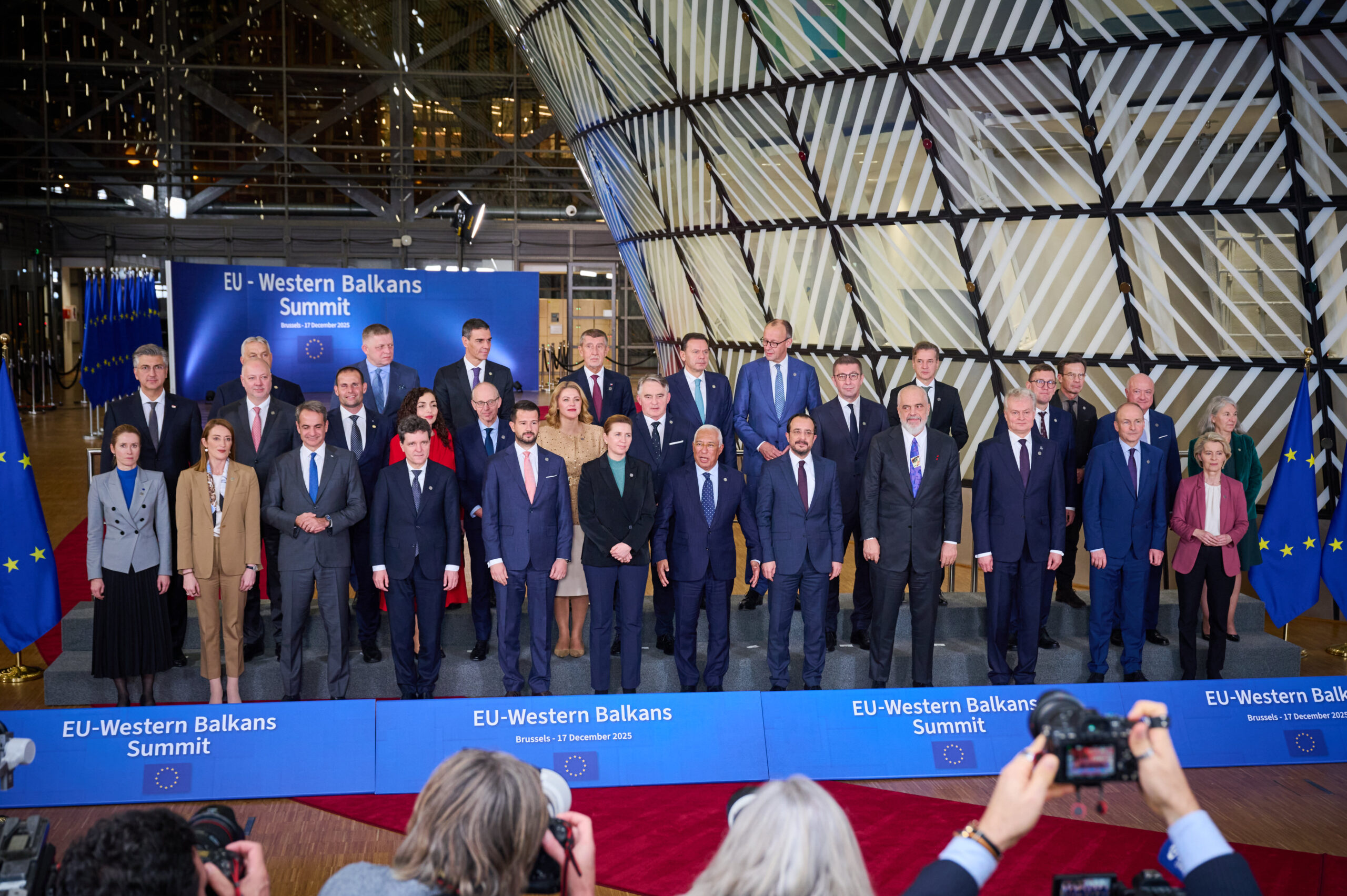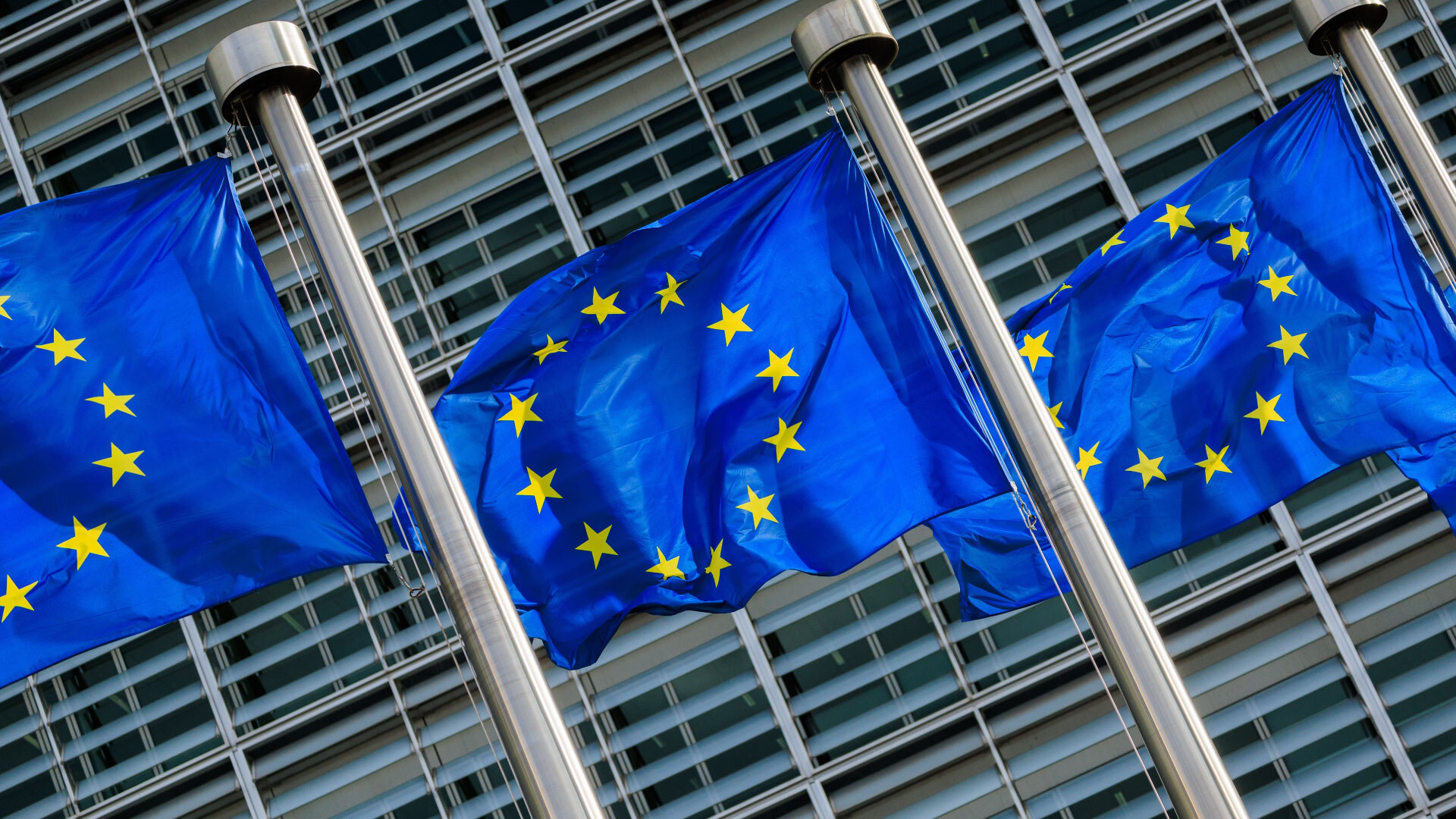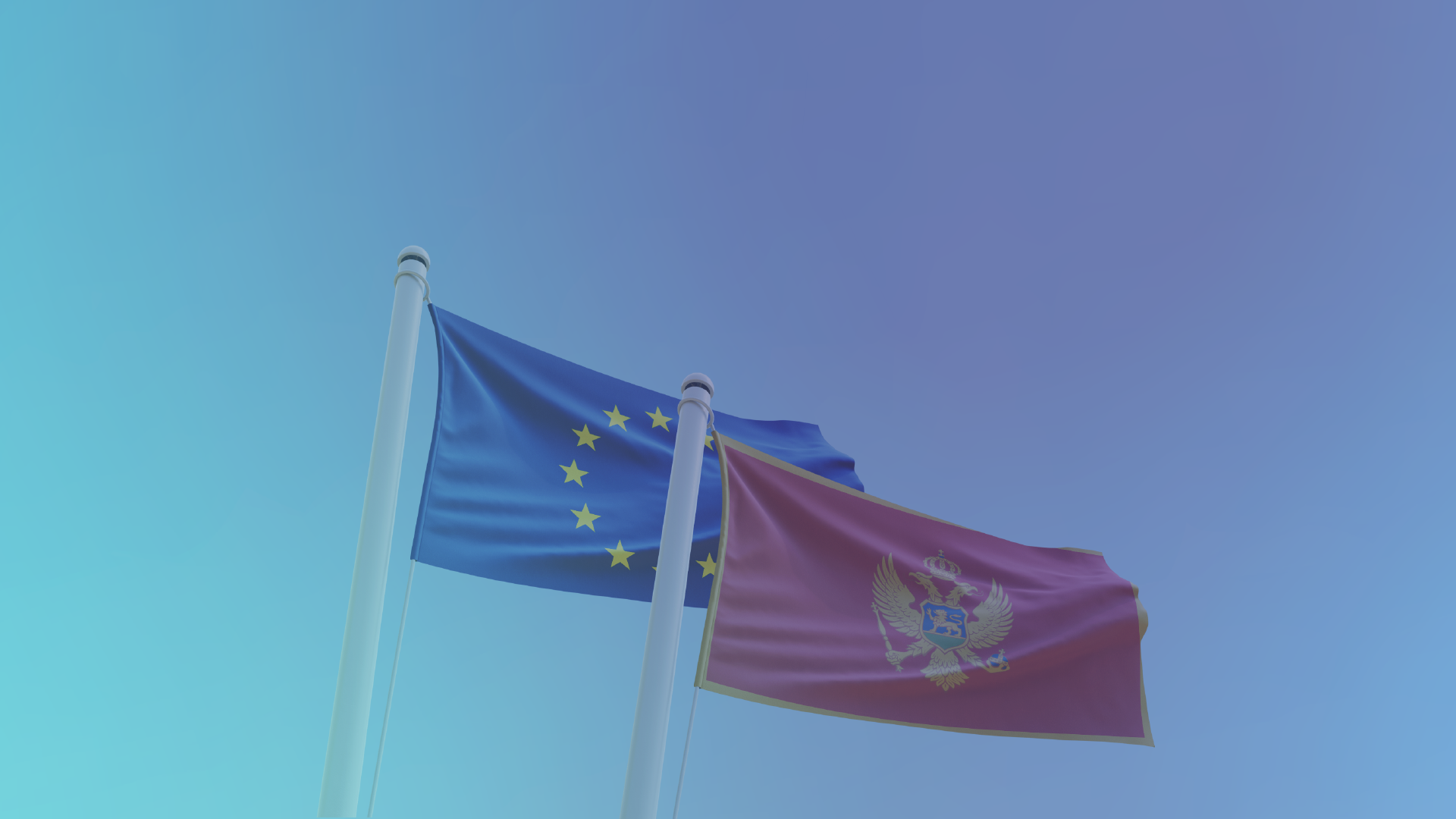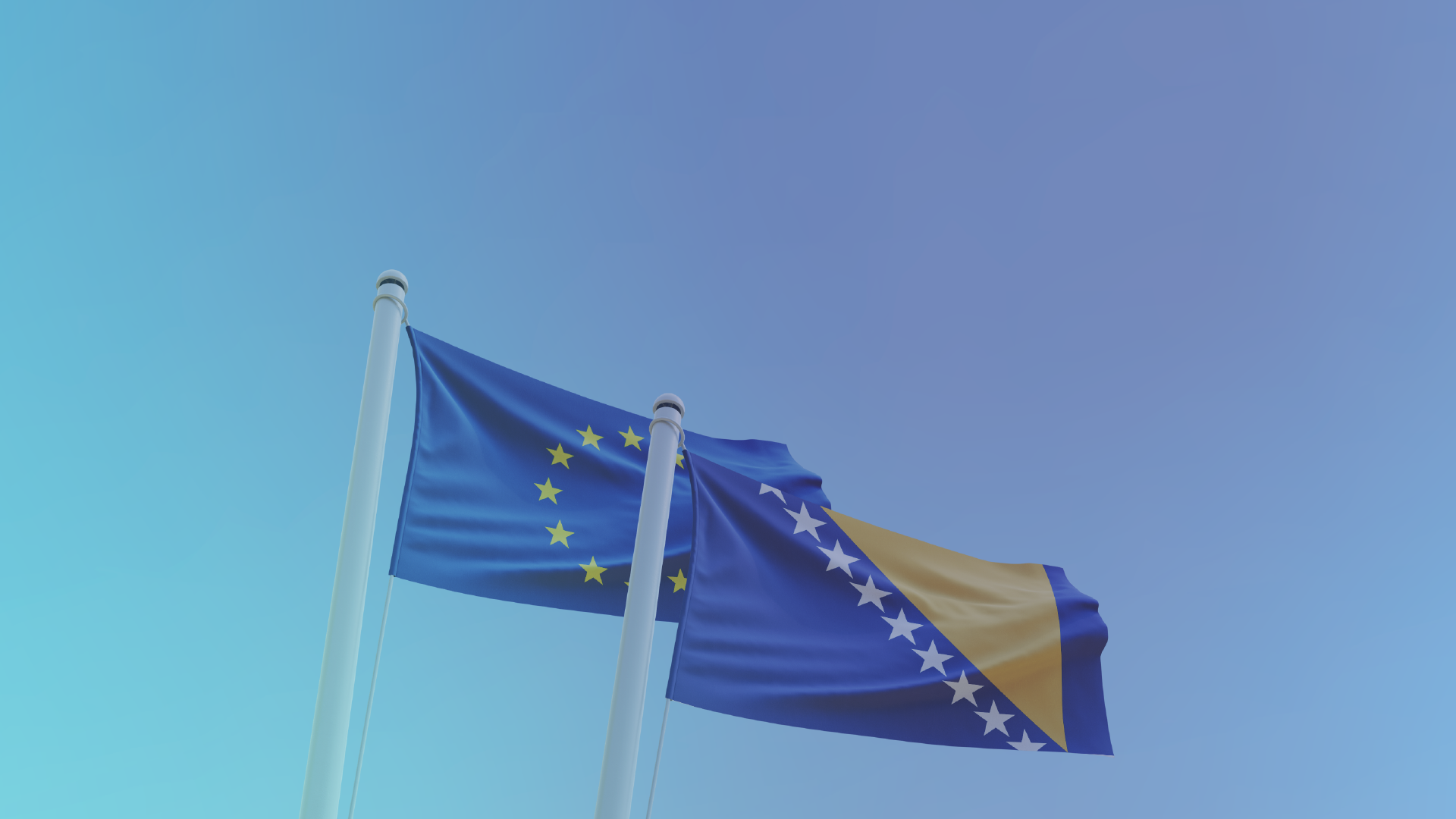European Year of Youth kicks off

European Year of Youth kicks off
2022 has been designated the European Year of Youth. This means increasing efforts to include youth priorities and concerns in relevant EU policy areas and at every level of EU decision making with the aim of re-establishing a positive outlook for young people, who have been hard hit by the impact of the COVID-19 pandemic.
Activities that will be organised as part of this year include conferences, initiatives promoting youth participation in policymaking, awareness-raising campaigns on a more inclusive, green and digital EU, and studies and research on the situation in which young people find themselves. The European Year of Youth goes hand in hand with NextGenerationEU, which reopens perspectives for young people, including quality jobs and education and training opportunities for the Europe of the future, and supports young people’s participation in society.
The Year of Youth will seek synergies and complementarity with other EU programmes targeting youth across the policy spectrum – from rural development programmes focused on young farmers to research and innovation programmes, and from cohesion to climate change actions – including EU programmes with international outreach or of a transnational nature.
Besides Erasmus+ and the European Solidarity Corps, with budgets for the current financial period of €28 billion and 1€ billion respectively, the EU’s Youth Guarantee and Youth Employment Initiative are creating more opportunities for young people. Meanwhile, a new programme called ALMA will also be launched in 2022 to support cross-border professional mobility for disadvantaged young people.
The full programme of activities and further information will be available on the Youth Portal. The scope of activities will cover issues that mostly affect young people, following the priorities highlighted in the Youth Goals, such as equality and inclusion, sustainability, mental health and well-being, and quality employment. They will also involve young people beyond the EU.
Source: European Union
Photo credits: European Union



